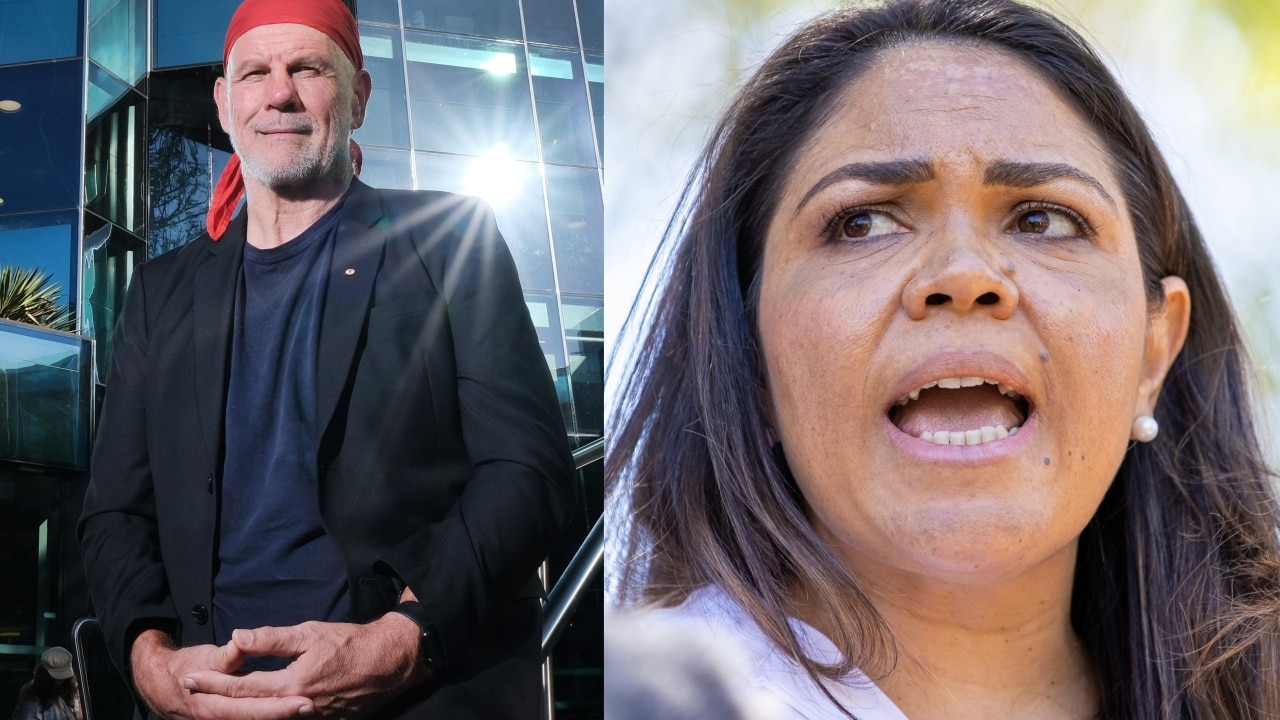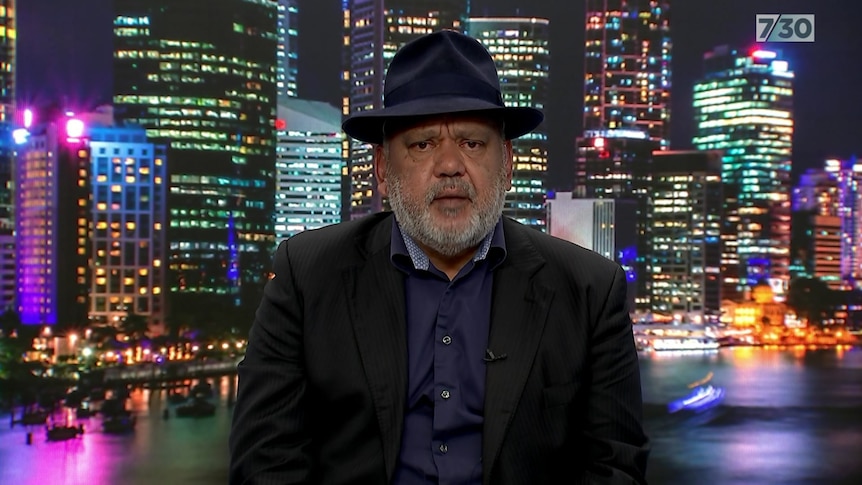Aboriginal Senator Jacinta Nampijinpa Price has alleged newspaper columnist Peter FitzSimons accused her of “giving racists a voice” during an interview last week.
Senator Price – who has refused to support the Albanese Government’s Indigenous Voice to Parliament – made the claims on social media on Sunday night after the interview between the pair was published in the Sun-Herald newspaper.
She told FitzSimons the bipartisan support was due to the “Kool-Aid Australians have been drinking” and defended One Nation leader Pauline Hanson who claimed the Voice was “Australia’s version of apartheid” and walked out of the Acknowledgment to Country.
In a Facebook comment, the proud Warlpiri woman alleged FitzSimons accused her of “giving racists a voice” during the telephone chat but it was not printed in the article.
“I don’t know if I’d do another interview with the bloke again. He accused me of giving racists a voice but that wasn’t printed,” Senator Price wrote before it was later deleted.
FitzSimons has denied all allegations made by Senator Price.
Stream more on politics with Flash. 25+ news channels in 1 place. New to Flash? Try 1 month free. Offer ends October 31, 2022
She later elaborated and said the interview started off “quite well” before claiming FitzSimons became “aggressive, condescending and rude.”
“I’m not a wilting violet but he’s a very aggressive bloke, his interview style is very bloody aggressive, he doesn’t need to launch in,” she told The Australian.
“Accusing me of somehow giving power to racists because the issues I raise are confronting – he loses the point completely.
“I said to him, ‘Get down from the blood ivory tower and come out to one of my communities'”.
Senator Price also compared it to “having a conversation with a brick wall.”
FitzSimons was later contacted by the same publication that reached out to Senator Price for his version of events from last Thursday’s one-hour interview.
The author and columnist denied the allegations leveled against him and described the claims as “complete and utter nonsense”.
He said it was a “professional exchange” with the Senator and he had written “every single word recorded, as I told her.”
“Not even a raised voice. And she approved the entire final result,” he told The Australian in a text message.
“This is not remotely a matter of interpretation. Friendly interview, nice text exchange at its conclusion.”
Senator Price had been quizzed about the history of Australia, the Indigenous Voice to Parliament and her upbringing during the chat.
He asked how the advisory body would “drive a wedge between us all” after she argued in her maiden speech to Parliament in late-July it would divide Indigenous and non-Indigenous Australians “further”.
“With a progressive mood sweeping the land, we’re far more unified now than we’ve ever been in our history, and the most prominent wedge, I respectfully submit, Senator, is people like you and your supporters,” FitzSimons posed.
“I don’t accept that,” Senator Price hit back.
“How is having a bureaucracy based on race placed into the Constitution, not driving a wedge? That peddles racial stereotypes of Indigenous Australians being a homogenous separate entity, and we’re not.
“They can call me a “coconut” – (black on the outside, white on the inside) – or an “Uncle Tom” because I’m expressing my views, but I don’t care.
“I’m an individual in my own right, with Indigenous heritage, but I am the first and foremost an Australian, and have no desire for the Constitution to treat me differently.”
She also defended Senator Hanson during the chat after she was quizzed about the One Nation leader’s maiden 1996 speech in Parliament.
“Does it not bother you that she is the most vocal critic of First Nations people in the country, and on this very day, she cites you as proof she’s right?” FitzSimons asked.
“No. I look further and a bit deeper than what is on the surface,” Senator Price said.
“And look, I know Pauline can certainly come across as though she is racist. But I don’t think that she is.
“I think she cares deeply for Indigenous Australians, and that her concern is more about taking more practical approaches towards solving some of our problems.”
.

